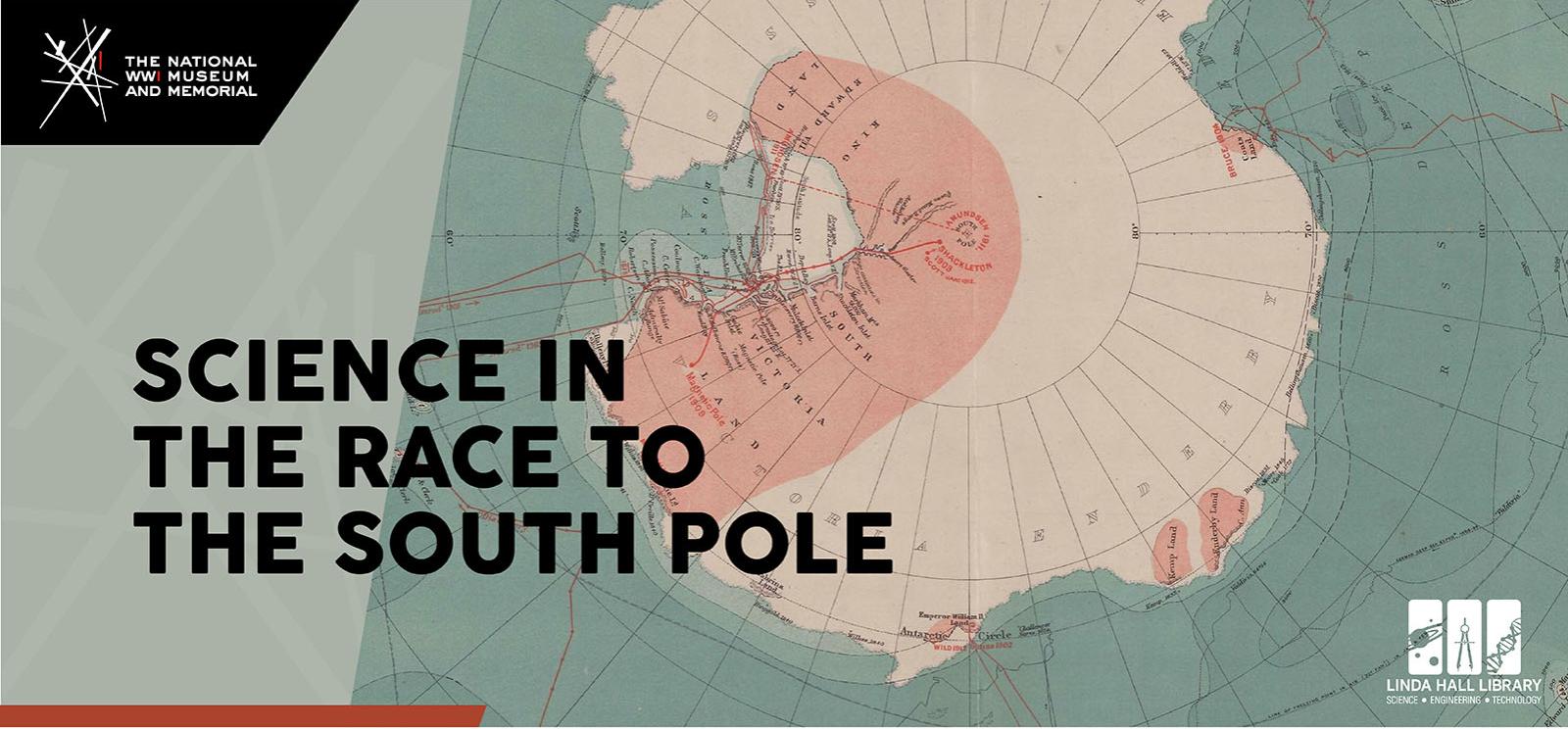
Science in the Race to the South Pole
Amid early tremors of war in Europe, an era of exploration beyond the habitable continents was burgeoning. In 1911, Roald Amundsen's team was the first to reach the South Pole; three years later, in the throes of WWI, Sir Ernest Shackleton led the Imperial Trans-Antarctic Expedition with his crew on the Endurance.
Captain Robert F. Scott set off on his mission in the time between those two famous voyages. As historian, law professor and Pulitzer Prize-winning author Edward J. Larson argues, Scott's British Antarctic Expedition was a massive scientific enterprise with an exploratory component. Amundsen won the race to the pole; Shackleton became an icon of model leadership. Scott, however, ushered in a new era of Antarctic, polar and climate science, a contribution that lives on today at research stations across Antarctica.
Free with RSVP | Linda Hall Library